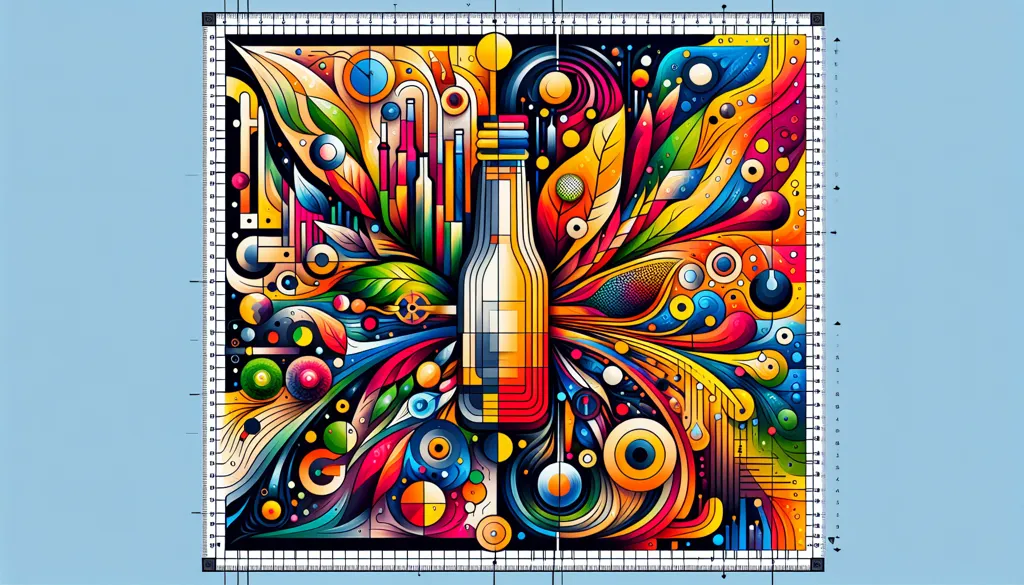Diljit Dosanjh's Bold Stand Against Alcohol Promotion: A Call for Consistency in Policy
The intersection of art, politics, and societal issues often presents a complex landscape, and Diljit Dosanjh, a renowned singer and actor, finds himself right in the middle of it. Recently, Dosanjh has been in the spotlight for his outspoken views on the promotion of alcohol in music, following directives from various Indian state governments, including Telangana, to refrain from singing about alcohol, drugs, and violence. His response? A bold challenge to the authorities, calling for a nationwide liquor ban if they want him to stop singing songs that reference alcohol.
A Challenge to Double Standards
During a concert in Ahmedabad, Diljit Dosanjh addressed the audience with a fiery speech that highlighted what he sees as double standards in the regulation of alcohol promotion. He pointed out that while artists are being asked to censor their work, alcohol advertisements remain prevalent in mainstream media. Dosanjh's challenge was clear: "If all the states in the country close liquor shops, I will stop singing songs about alcohol."
This statement underscores the perceived hypocrisy in governmental policies where alcohol, a major revenue generator through excise duties, continues to be sold openly while artists are singled out for promoting it in their music. The singer noted that during the COVID-19 pandemic, liquor stores were among the few businesses allowed to remain open, further illustrating the inconsistent approach to alcohol regulation.
Tweaking Lyrics and Addressing Broader Issues
Diljit Dosanjh is not new to the music industry, and he has the experience to handle such directives. In response to the Telangana government's order, he cleverly tweaked his song lyrics during his Hyderabad concert, replacing references to alcohol with more neutral terms. For example, he changed "theka" (liquor shop) to "hotel" and "daaru" (alcohol) to "coke" in some of his popular tracks. This act was both a compliance with the order and a subtle critique of the regulations themselves.
By highlighting these issues, Diljit is not just defending his artistic freedom but also advocating for a more consistent and thoughtful approach to alcohol regulation. His call for a nationwide movement to declare all states as dry states if they want him to stop singing alcohol-themed songs is an invitation for a broader societal discussion on the role of alcohol in culture and the economy.
Artistic Responsibility and Social Change
Artists like Diljit Dosanjh find themselves at the crossroads of entertainment and social responsibility. While acknowledging the influence of his platform, Diljit also emphasizes the importance of creative freedom. His stance reveals the complexity of balancing artistic expression with societal norms and regulations.
By modifying his lyrics rather than simply complying with censorship, Diljit demonstrates that artists can engage in societal conversations while retaining control over their work. He also calls for accountability from larger institutions, particularly those that profit from promoting alcohol.
The Broader Context: Alcohol Regulation in India
India's relationship with alcohol regulation is fraught with inconsistencies. While states like Gujarat have declared themselves dry, alcohol is still available in certain areas, such as five-star hotels and airports. Telangana, on the other hand, has a high per capita expenditure on alcohol, highlighting the cultural acceptance and economic reliance on alcohol sales.
Diljit Dosanjh's remarks bring attention to these discrepancies and challenge the notion that banning songs about alcohol will significantly impact consumption patterns. His proposal for declaring dry days during his concerts as a compromise further emphasizes his willingness to engage with these issues creatively.
Conclusion
Diljit Dosanjh's bold challenge to Indian authorities regarding alcohol promotion in music is a powerful reminder of the intricate relationship between art, politics, and culture. His stance invites a necessary conversation about the role of artists in shaping societal norms and the need for consistency in policy-making.
As Diljit continues his Dil-Luminati India Tour, his audiences can expect more than just entertainment. They can anticipate thought-provoking performances that challenge norms and inspire change. Whether or not the country heeds his call for a national alcohol ban remains to be seen, but Diljit Dosanjh's voice is undoubtedly sparking much-needed dialogue on the complex issues surrounding alcohol regulation in India.

